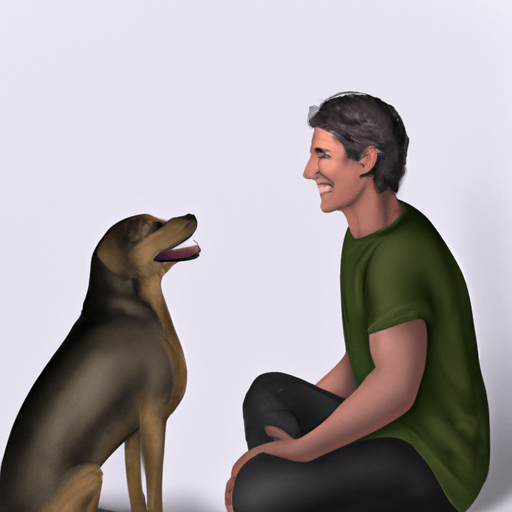The Impact of Human Interaction on Pet Mental Health
The bond between a pet and its human caregiver is an important factor in a pet's overall mental health and wellbeing. Studies have shown that regular human interaction has a positive effect on a pet's mental health, providing a sense of security, comfort, and companionship. While different types of pets may interact differently with human beings, there are certain activities and interactions that can make a positive difference in a pet's psychological wellbeing.
Positive Effects of Human Interaction on Pet Mental Health
When it comes to providing a pet with adequate human contact, the most important thing is consistency. Regular playtime and exercise, as well as petting and cuddling, are all activities that can build trust and strengthen the bond between a pet and its caregiver. Positive reinforcement, such as verbal praise and treats, is also beneficial for the mental health of a pet, as it reinforces positive behavior.
In addition to providing companionship and comfort, regular human interaction can also help to minimize stress and anxiety in a pet. Pets that are regularly exposed to human interaction are less likely to develop behaviors such as barking, chewing, and scratching, which can be signs of distress. Regularly providing mental stimulation, such as games and puzzles, can also help to improve a pet's mental health.
Negative Effects of Lack of Human Interaction on Pet Mental Health
On the other hand, a lack of human contact can have serious negative effects on a pet's mental health. Pets that are not regularly exposed to human interaction can become anxious, depressed, and even aggressive. Additionally, pets that are not adequately socialized can also develop behavioral issues such as excessive barking, biting, and scratching.
It is important to remember that different types of pets interact differently with humans. For example, cats may be more independent than dogs, and may not require as much human interaction. However, it is still important to provide cats with regular playtime and affection, as this can help to improve their mental health. Similarly, dogs may require more regular human interaction than cats, as they are more social animals.
Conclusion
Overall, it is clear that regular human interaction has a significant impact on a pet's mental health. Providing a pet with regular playtime, exercise, and affection can help to build trust and strengthen the bond between a pet and its caregiver. Additionally, providing mental stimulation, such as games and puzzles, can also help to improve a pet's mental health. It is important to remember that different types of pets interact differently with humans, and it is essential to consider these differences when providing a pet with adequate human contact.

















Comments
Leave a Comment